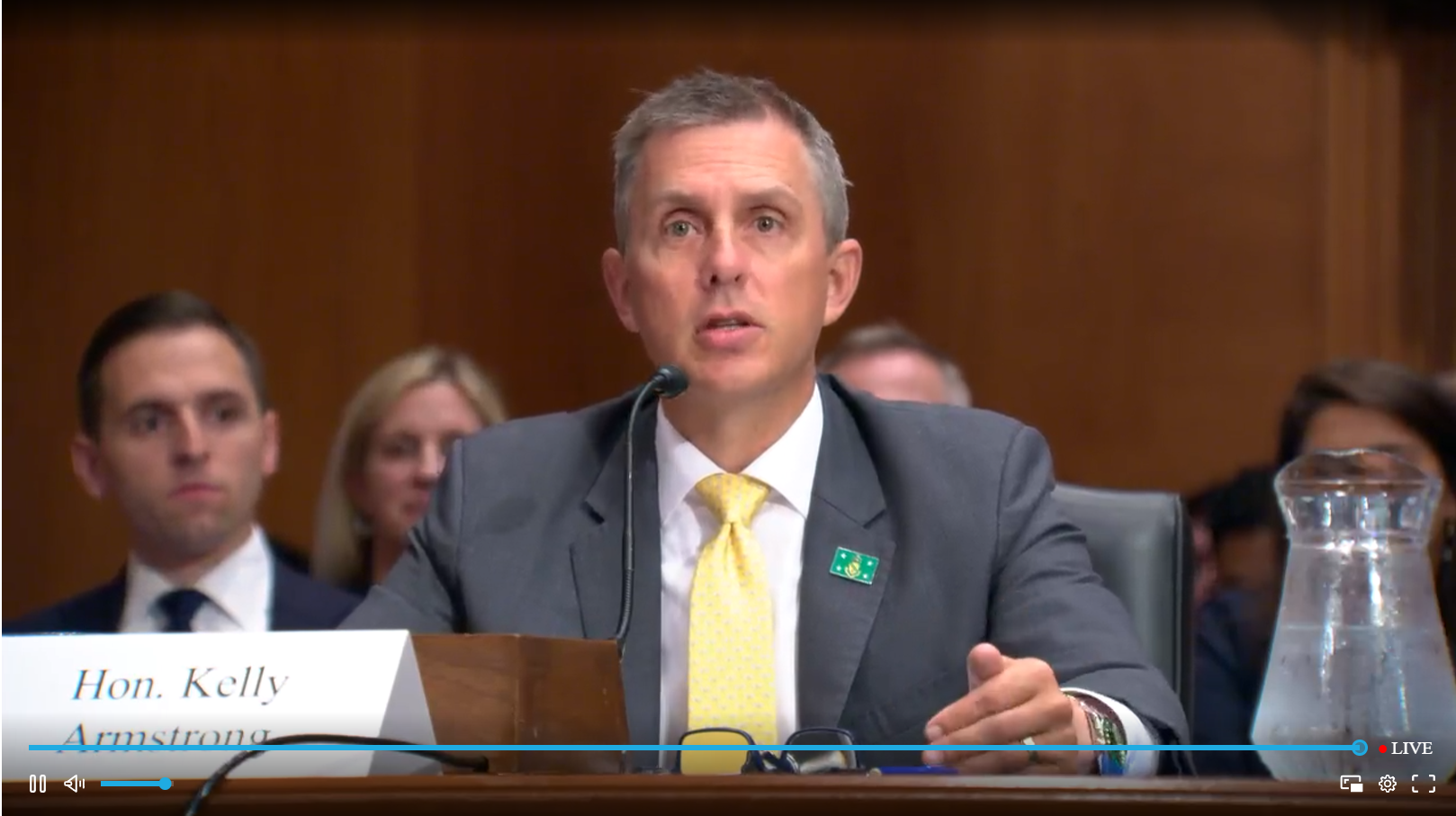With the cost of health care rising faster than the gross domestic product (GDP), it is vital for the United States to improve the delivery of health care services. While federal health reform has largely focused on health insurance coverage, there needs to be greater emphasis on system improvements that control the growth of health care costs, achieve better results, and improve the health of individuals and populations.
Governors have and will continue to be key players in successful health system reform efforts. They have the ability to set a vision and create the momentum for change in their states. Through initiatives ranging from prevention and wellness to payment reform and quality measurement, governors can make their health care systems more efficient and effective, leading to cost containment and better outcomes for state residents.
This report outlines the evidence in health system reforms, as well as the opportunities for governors to lead these efforts. With contributions from experts in the health care policy field, the report provides tools and levers available to states to create a more efficient and effective health care system. These fall under five broad categories that are addressed in depth in the report:
- Health Care Quality Improvement
- Care Coordination and Disease Management
- Primary Care and Prevention
- Health Care Payment Systems
- Medicaid’s Role in the Health Delivery System
Related Content












